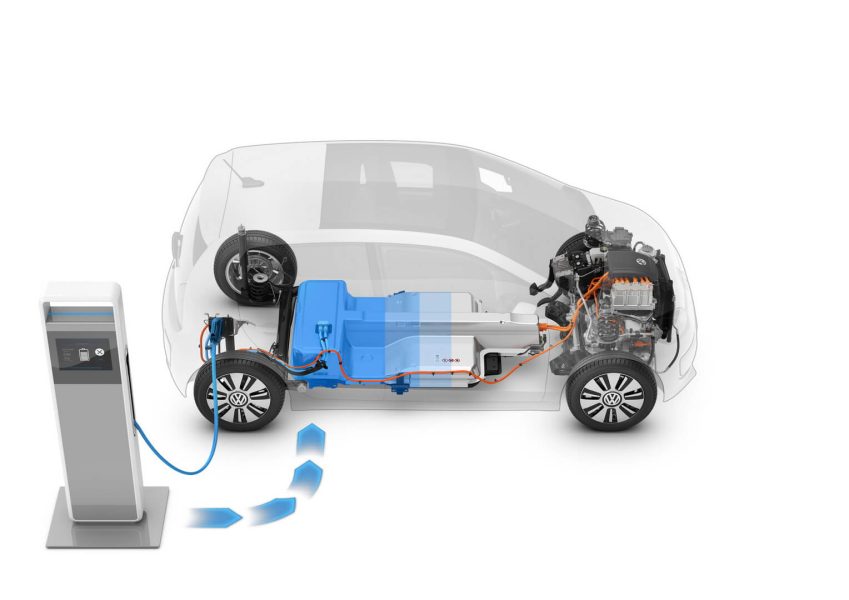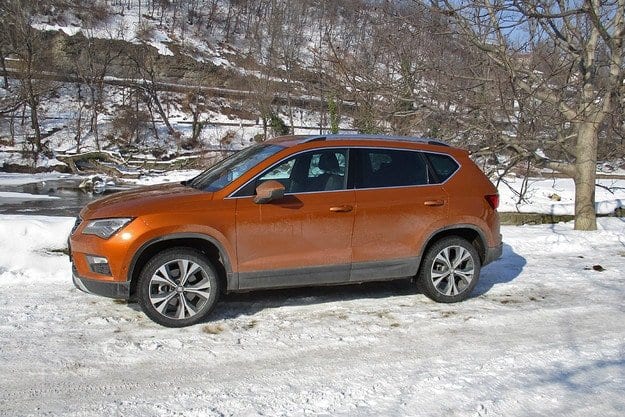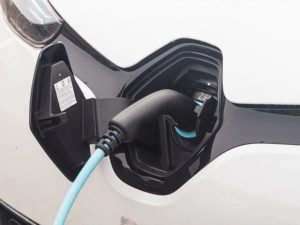
Fast Charging: Impact on Your Electric Vehicle's Battery?
Content
While the use of electric vehicles is on the rise, the goal is to facilitate access, but also use. To promote green mobility, it must be as practical as the ones it is intended to replace. When it comes to electromobility, recharging should be simple and fast enough to be viable over time. In this article, we will focus on electric car fast charge, and his effect on the battery.
Charging an electric car is a key issue
For electric vehicle users, the problem of recharging is a serious one. Depending on the needs and usage, the corresponding type of charging may vary.
Three types of additional charging should be distinguished:
- Recharging "Normal" (3 kW)
- Recharging "Accelerated" (7-22 kW)
- Recharging "fast"capable of charging compatible vehicles up to 100 kW
The charging time for an electric vehicle depends on two key factors: the type of installation used and the characteristics of the vehicle's battery, in particular its capacity and size. The more power a battery has, the longer it will take to charge. Read more about recharging in our article. "Charging an electric car".
Fast charging of an electric vehicle affects its battery
The frequency and type of charging affects the aging of an electric vehicle's battery. Remember that the traction battery is subject to parasitic reactions depending on its use and other external factors such as weather conditions. These reactions chemically and physically destroy the battery cells. Thus, the performance of the battery decreases over time and use. This is called the phenomenon of aging, which leads to a decrease in the range of an electric vehicle.
If this phenomenon, unfortunately, is irreversible, it can be slowed down. Indeed, the aging rate of a battery depends on several parameters, in particular the type of recharge used to power it between trips.
Charge your electric car as fast as your phone?
Like his cell phone, we would like to charge our electric vehicle as quickly as possible. Conventional terminal-type installations or even domestic installations can charge a 30 kWh battery in about 10 hours (at 3 kW power). Thanks to the fast charging of an electric vehicle from a 50 kW terminal, it is possible to recharge the same battery in less than an hour.
A little tip: to estimate the charging time depending on the power, remember that 10 kW can charge 10 kWh in 1 hour.
Thus, fast charging makes it easier and more practical to use an electric vehicle. According to electric vehicle users, the ability to recharge an electric vehicle faster removes the limitation of waiting times before hitting the road.
Thanks to fast charging, the waiting time before reaching a certain autonomy threshold is significantly reduced. In other words, a simple 40-minute break - for example, while driving on the motorway - is enough to fill up electrically and get back on the road. No longer than lunch at a rest area on the motorway!
Fast charging of an electric vehicle accelerates battery aging
So it seems tempting to resort to fast charging your electric vehicle. Anyway, high charging speed significantly shortens battery life car. Really,research by GeoTab highlights the impact of fast charging on the aging rate of electric vehicle batteries. Rapid charging causes high currents and a rise in battery temperature, two elements that accelerate battery aging.
The graph generated by GeoTab shows the large loss of health (SOH) for rechargeable batteries during fast charging (ocher curve). In contrast, using fast charging has little or never reduces SOH loss better.
To get a better idea of the impact of fast charging, imagine you are filling a bathtub with a fire hose. The very high flow rate of the lance allows the bath to be filled very quickly, but the high jet pressure can damage the coating. Therefore, if you fill the bath in this way every day, you will see that it decomposes very quickly.
For all these reasons, it is recommended to limit the use of fast charging in order to maintain its proper functioning and, more generally, the performance of the vehicle. In certain situations, such as long and intense journeys for one day, fast charging of an electric vehicle can be helpful. In contrast, “normal” charging can meet most usage needs, especially if the car is being charged overnight.
To better control your car's battery, make it certified!
As you already understood, the type and rate of charging of an electric vehicle are some of the parameters that affect the state of its battery. So, in order to better measure the performance of your electric vehicle and make the most of it, it is advised to check the health status (SOH) of the battery. Moreover, knowing this will allow you to provide as much information as possible if you are thinking about reselling your car one day. For example, you can certify the condition of your battery with the La Belle Batterie certification, which is compatible with Renault ZOE, Nissan Leaf or BMWi3, among others.

